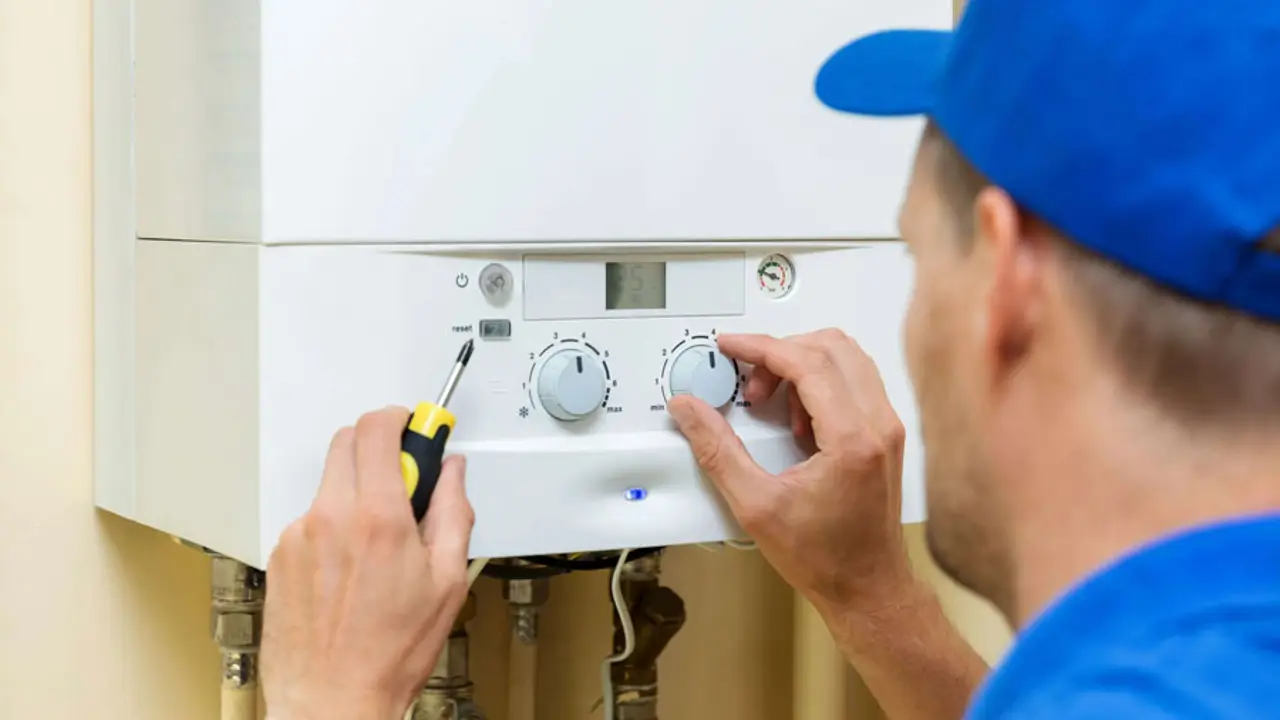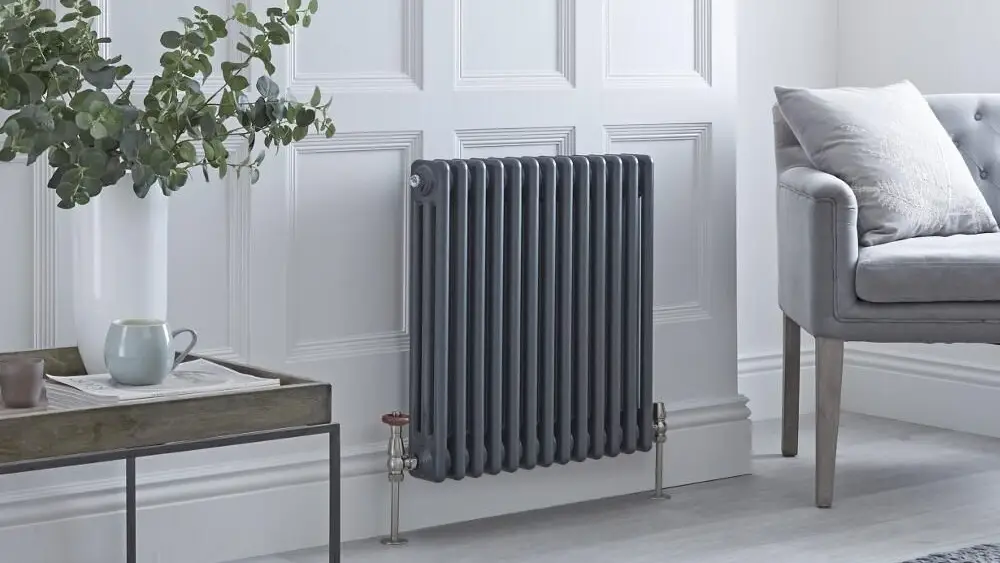Heating engineer cost per hour

Heating engineers install, repair and service boilers, pipework, controls that are all used to heat your home. If you have a problem with your heating system or are looking to install a combi boiler, they are the trade you call. Heating engineers cost on average £42 per hour and can make the difference between a warm and a cold home.
Regional variations mean that you can hire one from between £27 to £72, but just make sure they are Gas Safe Registered before you get them fiddling with your boiler.
Small boiler repairs and servicing jobs are usually quoted by the hour but check that your price includes VAT and call out charge before commencing. See table with UK heating engineer cost per hour and see rates and get quotes in your local area
Heating engineer cost per day
The average day rate for a heating engineer in the UK is £255. Replacing an old boiler and the associated pipework and tanks and replacing it with a new energy efficient boiler will usually take a couple of days so it’s a good idea to know the day rate for your budget.
Get a couple of written quotes from Gas Safe engineers for your job so you have a feeling for how much your job is going to cost. Day rates can vary between £190 and £370 depending on where you live. Soletraders will tend to be cheaper and not charge VAT but you should always check to make sure there are not surprises.
For large jobs you can expect there to be more than one engineer in your home. Discuss payment before you start. Most will ask you to pay when the job has been completed and usually by bank transfer.
How to get the cheapest quotes when looking for a heating engineer
Heating engineers who are self-employed are just as qualified and experienced as those working for a larger company. Newly qualified heating engineers may have even started working for a larger boiler company to gain experience before starting their own business.
By being an independent, self-employed heating engineer the small business avoids many of the costs (e.g. administration staff, office rental etc), charging less for heating jobs and giving you the same quality of work.
Get quotes from self-employed heating engineers and talk directly with the person who is going to do the job.
Choosing a heating engineer
When receiving a quote that involves materials being installed or replaced, scan the quote to see if it has included the cost of the materials. If it has, have a look yourself online to see if you may be able to save money by purchasing materials cheaper. Websites like Screwfix or Direct Heating Supplies sell to the public and you can choose brands based on your budget as well as avoiding paying a mark-up on collection costs.
If you are buying your own products for the engineer to fit the prices can vary, so ask the heating engineer which product they prefer to fit and why, e.g. a magna clean filter varies from £50 to £200 for different brands (when fitting magnet filters, Adey Magnaclean is often a preferred brand and happens to be a middle of the range price).
If you are paying for labour and materials, it is not unusual to be asked to pay for the materials upfront or at least a deposit towards the materials before the heating engineer outlays their own money in preparation for the work. If you do pay a deposit or any money upfront, insist on an invoice clearly showing money paid.
Try googling the engineers and their companies to see if they have any reviews online regarding their quality of work. A benefit of owning a smartphone, is it makes it easier to ask to see ‘before and after’ photos of boiler installations. When looking at the photos take note of how they have tidied the area in the photo around the boiler install and if replacing an old system boiler to a modern combi boiler taking up less space, ask how they intend to cap off the unused water pipes and area that is no longer needed.
Check if the heating engineer has any public liability insurance while working in your home and if you are having a new boiler or expensive parts installed, find out about what guarantee you have on the workmanship as well as what guarantee you will have on the products. Some Vaillant boilers are issued with a 12-year warranty and Worcester Bosch boilers have a 7-year warranty. The warranty is only valid if the boilers are fitted by an accredited installer who is Gas Safe registered.
New boiler and service costs
New boiler cost
If you are replacing your old boiler, chat with the heating engineer about what type of boiler (a combi, system or conventional boiler) would best suit your family’s needs for hot water and heating your home (to supply enough hot water at the right pressure) as well as keeping your home economical.
Having a new boiler installed will not necessarily cost a lot of money. If the average day rate for a heating engineer is £255 per day and you can pick ups a combi boiler for £700, you should be able to get your boiler fitted for around £1000 with a 7 year warranty. You might need a new controller and pay a little extra for new pipework but as long as its a like for like replacement you will not have to pay much more. If you are replacing an old conventional boiler things get a little bit more expensive. You will have to pay to rip out the header tank and storage tank and rearrange the pipework. Even so you should not be looking at more that a couple of days to fit your new boiler.
Tip: Before the heating engineer arrives with a boiler you don't need ask for advice. Find out which brands they prefer and why. Discuss any upgrades that might help you to save money in the long run with a more economical central heating system. If you enjoy the idea of a smart house, ask that rather than just fitting a standard good brand heating controller (e.g a Danfoss wireless programmable room stat) they fit you with a Smart Hive Active heating thermostat.
Boiler service cost
Servicing your boiler every year is important to validate the guarantee issued by the manufacturer and to make sure the boiler is efficient, gas safe and in full working order. A service should not take longer than an hour by a gas safe heating engineer. So on average with say a £20 call out fee (the time it takes to get to and from your home) and an hourly rate of £42, a service should take £62. For that price, the peace of mind knowing your boiler is safe and working efficiently is worth it. For landlords out there it is a legal requirement to get your boiler checked out every year so reach out to our HaMuch members and get a quoted price.
Tip: If you have noticed a drop in your system’s pressure or any water leaks, be sure to point them out. If you are aware of any rusty valves or radiators that might possibly leak in the near future, point these out as well. If a part has broken off (a dial on the timer or a boiler cover) hold on to the broken part to give them on arrival, as it will be easier to match the part when they can see it for themselves.

